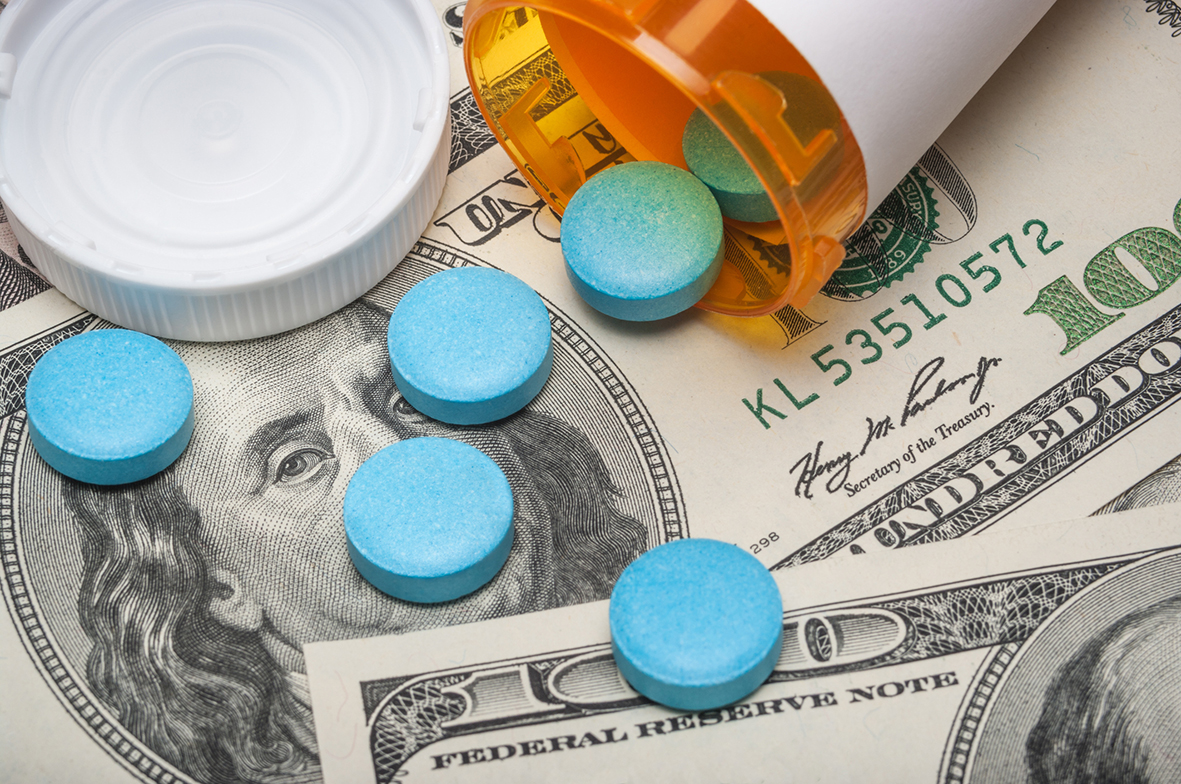Trump's reps 'pushed hard' for UK drug price reforms, leaked documents show

Representatives of the Trump administration have “pushed hard” for pro-US drug pricing reforms in free trade negotiations with the UK government, according to leaked documents posted online in the run-up to the general election.
As reported by pharmaphorum on Monday, prime minister Boris Johnson's Conservative Party manifesto hardly mentioned the issue of drug pricing, save a commitment to protect the NHS in any post-Brexit free trade agreement with the US.
But the issue has quickly emerged as a key talking point in the election campaign after Labour opposition leader Jeremy Corbyn revealed documents showing that drug pricing was discussed in detail during meetings between UK and US trade representatives.
The website Guido Fawkes has now posted what it claims to be these documents online – and they show that both negotiating teams have been in detailed discussions about matters such as patents since meetings began in mid-2017.
A Channel 4 Dispatches investigation first revealed the talks, and Corbyn convened a special news conference to discuss the details of six meetings revealed in the documents.
In the conference Corbyn seized on the documents as evidence that Boris Johnson’s denial that the NHS is “up for sale” in the talks was “in tatters”.
Corbyn referred to Humira, which is patent protected in the US until 2023 but subject to competition from cheaper biosimilar near-copies in Europe.
Corbyn said: “It costs our NHS £1,409 a packet. In the US, the same packet costs £8,115. Get the difference: £1,409 in our NHS, £8,115 in the USA,” Corbyn said. “One of the reasons for US drug prices being on average 250% of those here is a patent regime rigged for the big pharmaceutical companies.”
“Let’s be frank, the US is not going to negotiate to sell its own medicines for less.”
The Conservative Party immediately issued a four-page rebuttal statement, which said that Corbyn had dreamt up a conspiracy theory.
Political rhetoric aside, the documents that seem to have been issued by the Department for International Trade, make interesting reading for those who have been following the debate about drug pricing.
Trump had already attacked low prices for drugs in Europe in a plan to tackle drug prices, saying that the actions of “global freeloaders” negotiating discounts on branded drugs are driving prices up in the US.
While the language used in the documents is less provocative, it suggests that the administration is pushing hard to make the UK’s drug market more amenable to big pharma companies that are mainly based in the US.
Low prices and slow uptake of medicines by the NHS are common complaints from pharma companies - but it seems that maximising the patent protection period for medicines seems to be an important goal for Trump's representatives in the talks.
Patent protection on the agenda
Patent protection for biologics came up as early as the second meeting in November 2017, where US representatives pressed for “longer term protection for biologic products” such as Humira.
The representatives noted this is currently set at 12 years of protection – eight years of data protection plus four years of market protection.
In meeting four, held in July last year, the document shows US representatives “pushed hard on grace periods, patent term extension, and adjustment”, although the UK’s side noted changes must comply with rules set out by the non-EU European Patent Convention.
Without providing details the documents showed US representatives are concerned about “a scenario where the UK leaves and cannot agree with the EU on medicines, and implied that this would make the UK an export market.”
US representatives asked whether this would lead to “markets being flooded with competitor products” while the UK’s representative countered this will be considered during the negotiations.
There is only a high-level summary available from the sixth meeting, held in July, although it showed that intellectual property was on the agenda for discussions.
What the final document shows is that any changes could be in place quickly - in a paragraph entitled 'preparing for a change of gear' the document shows the US team is “keen to move into the formal phase of negotiations” after the end of October.
The teams expect a “high cadence negotiation” with meetings every six weeks, and stated that getting a deal done with the UK is a priority for Trump as he seeks re-election.
“(Trump) felt that being able to point to advanced negotiations with the UK was viewed as having political advantages for the President going in to the 2020 elections,” the document said.











